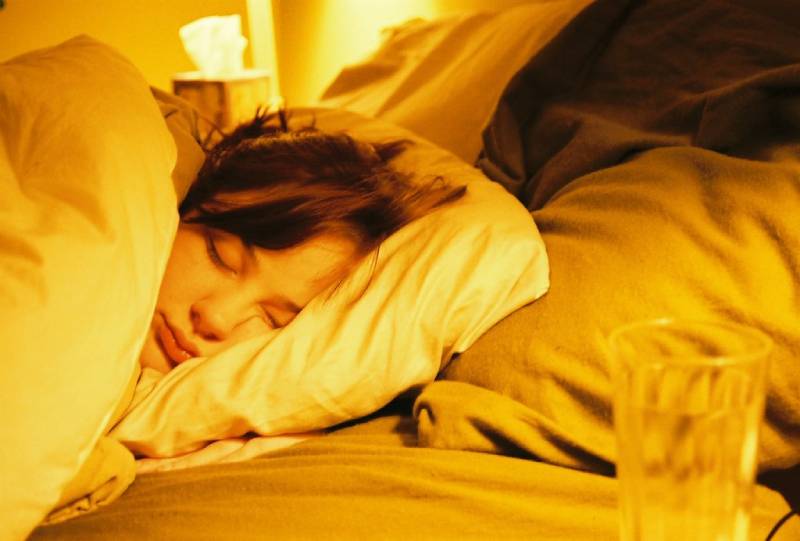With so many unprecedented changes occurring rapidly, it is understandable that the importance of sleep is going unnoticed. Focusing on getting a good night’s sleep has enormous benefits, as sleep is critical to physical health and effective immune system function. It is also a key promoter of emotional well-being and mental health, helping to combat stress, depression, and anxiety.
Whether you had trouble sleeping before COVID-19 or it’s just recently, there are concrete steps you can take to improve your sleep during this global pandemic.
Why is sleep important during a pandemic?
Sleep is a critical and always important biological process. However, when facing the COVID-19 pandemic, sleep becomes even more essential due to its extensive benefits for physical and mental health.
- Sleep strengthens an effective immune system.
- Sleep increases brain function.
- Sleep improves mood.
- Sleep improves mental health.
Experts agree that consistent, high-quality sleep improves virtually every aspect of health, which is why it deserves our attention during the coronavirus pandemic.
Guidelines for a good night’s sleep during the COVID-19 outbreak
Despite the daunting challenges, there are a few steps that can promote better sleep during the coronavirus. If these efforts don’t pay off right away, don’t give up. It may take time to stabilize your sleep, and you may need to adapt these suggestions to best suit your specific situation.
Establish your schedule and routine
Establishing a routine can facilitate a sense of normalcy even at abnormal times. It’s easier for your mind and body to acclimate to a consistent sleep schedule, which is why health experts have long recommended avoiding major variations in your daily sleep hours.
Specific sleep aspects of your daily schedule should include:
- Wake Up Time – Set your alarm, skip the snooze button, and have a set time to start each day.
- Rest time – This is an important time to relax and get ready for bed. It can include things like light reading, stretching, and meditation along with preparations for bed, like putting on pajamas and brushing your teeth. It is wise to give yourself extra time to relax each night.
- Bedtime: Pick a consistent time to turn off the lights and try to fall asleep.
In addition to time spent sleeping and preparing for bed, it can be helpful to incorporate consistent routines to provide time cues throughout the day, including:
- Shower and dress even if you are not leaving the house.
- Eat at the same time every day.
- Block specific periods of time to work and exercise.
Reserve your bed to sleep
Experts recommend that sleep and sex be the only activities you do in bed, so working from home shouldn’t be working from bed. It also means avoiding bringing a laptop to bed to watch a movie or series.
Look at the light
Exposure to light plays a crucial role in helping our bodies regulate sleep in a healthy way. When dealing with interruptions to daily life, you may need to take steps so that light-based signals have a positive effect on your circadian rhythm.
- If you can, spend some time outside in natural light. Even if the sun doesn’t shine brightly, natural light still has positive effects on the circadian rhythm. Many people find that time outside is most beneficial in the morning and, as a bonus, is an opportunity to breathe fresh air.
- If possible, open windows and blinds to let light into your home during the day.
- Be mindful of screen time. The blue light produced by electronic devices, such as mobile phones, tablets, and computers, has been found to interfere with the body’s natural sleep-promoting processes. If possible, avoid using these devices for an hour before going to bed.
Be careful with naps
If you are at home all day, you may be tempted to take more naps. While a short nap in the early afternoon can be helpful for some people, it’s best to avoid long naps or naps later in the day that can make nighttime sleep difficult.
Keep active
It’s easy to overlook exercise with everything that goes on in the world, but regular daily activity has many important benefits, including sleeping. Going for a walk while maintaining a safe distance from other people is an excellent option.
Practice kindness and foster connection
Kindness and connection can reduce stress and its harmful effects on mood and sleep.
Use relaxation techniques
Deep breathing, stretching, yoga, mindfulness meditation, relaxing music, and quiet reading are just a few examples of relaxation techniques that you can incorporate into your routines. Another relaxation strategy during this pandemic is to avoid being overwhelmed by news related to the coronavirus. You can try techniques that include:
- Bookmark one or two trusted news sites and visit them only for a limited, preset time each day.
- Reduce the total time you spend scrolling on social media. If you want to participate in this effort, various apps can monitor and even block your time on social media sites or apps every day.
- Schedule phone calls or video calls with friends and family and agree in advance to focus on topics other than coronavirus.
Watch what you eat and drink
Eating a healthy diet can promote good sleep. Care should be taken with alcohol and caffeine intake, especially at the end of the day, as both can alter the quantity and quality of your sleep.
Contact your doctor if necessary
If you have severe or worsening sleep or other health problems, it is recommended that you contact your doctor. Many physicians are increasing availability via email or telemedicine to allow patients to discuss their concerns without having to physically visit their office.

